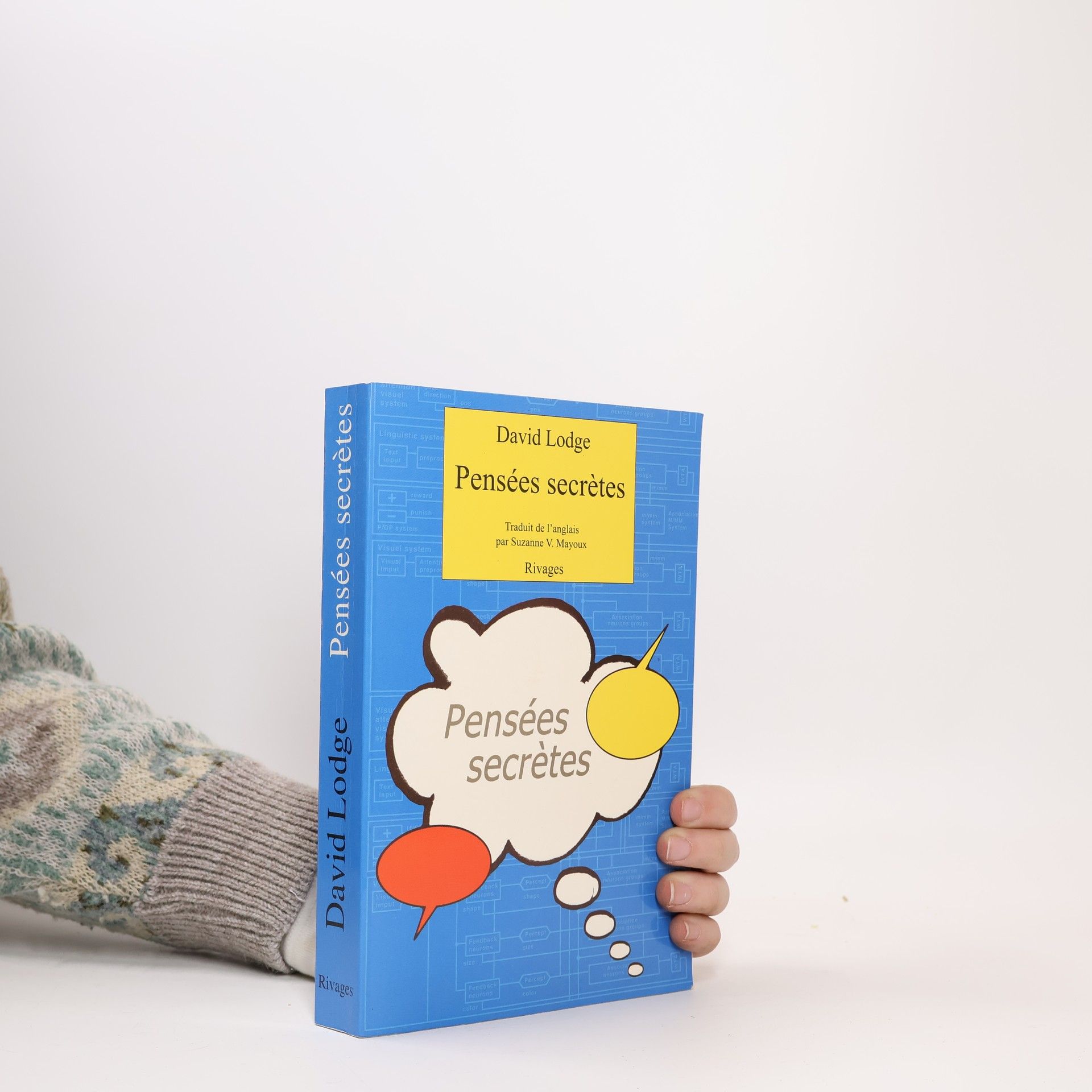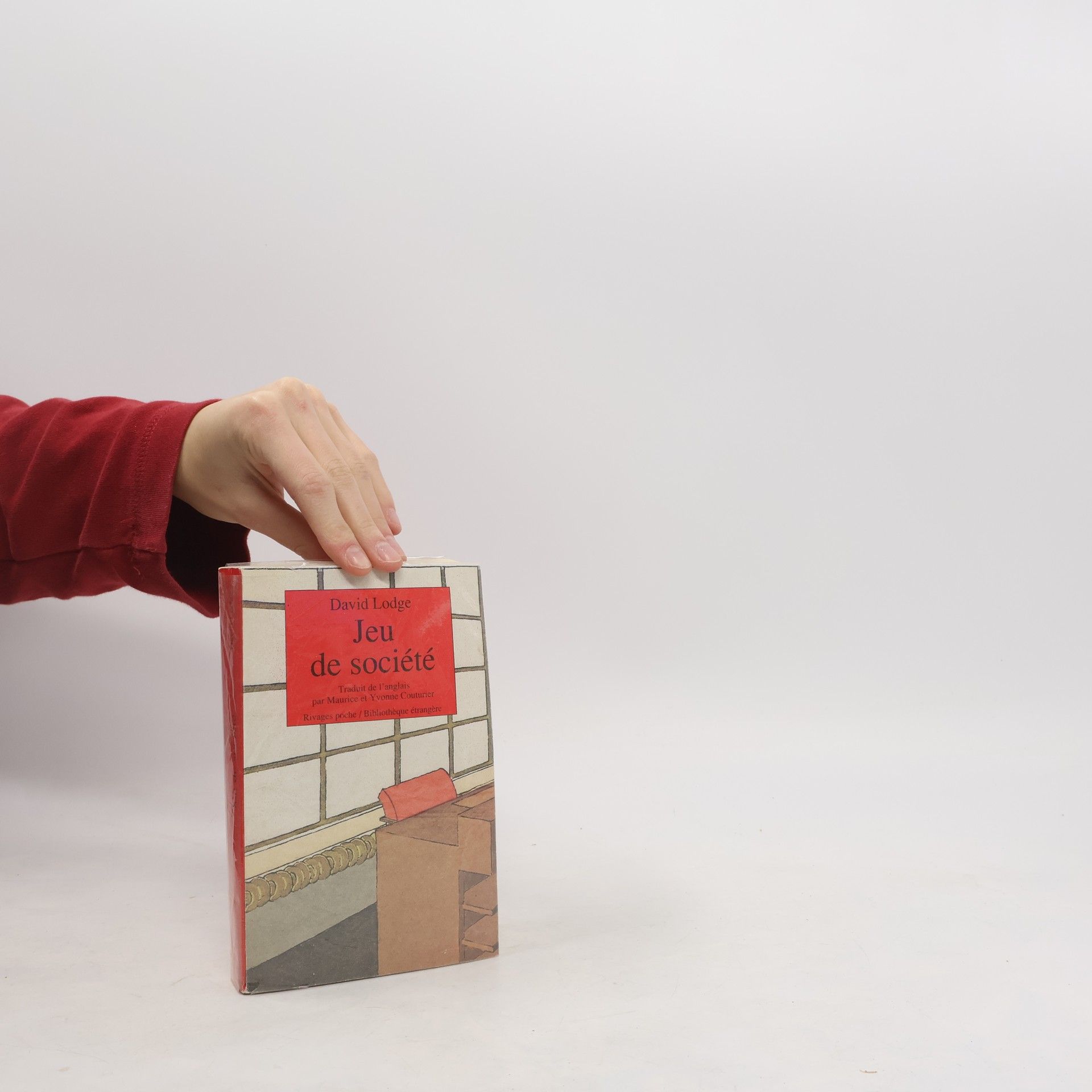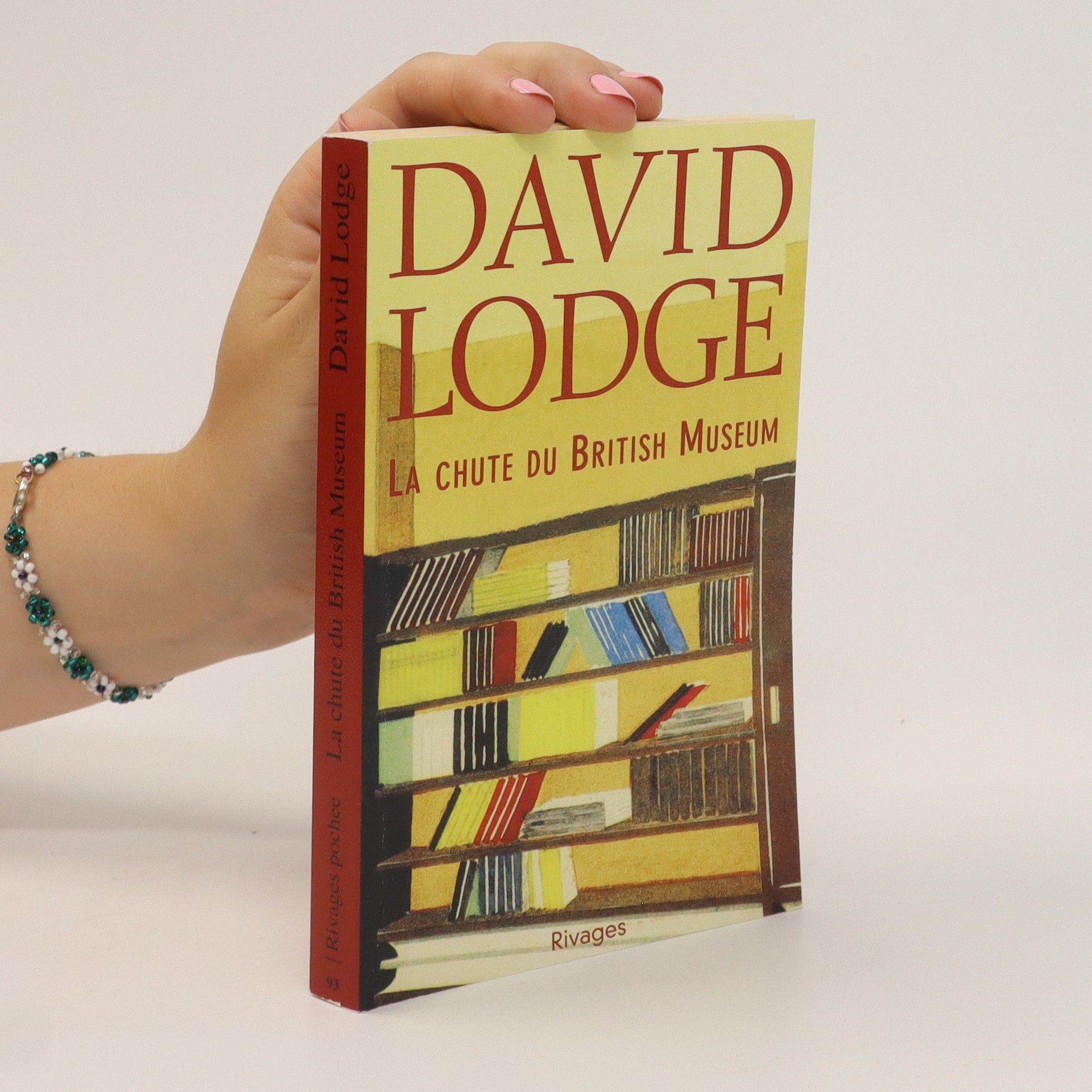Changement de décor
- 373pages
- 14 heures de lecture
Deux avions se croisent en plein ciel quelque part au-dessus du pôle Nord, l'un transporte un professeur américain brillant, spécialiste de Jane Austen, qui arrive d'une grande université de la côte Pacifique, l'autre, un professeur anglais un peu médiocre qui vient d'une université des Midlands et n'a d'autre titre de gloire que de savoir concocter des épreuves d'examen. Ils ont décidé d'échanger leur poste pour une durée de six mois. C'est avec ce roman que David Lodge a inauguré sa série désormais célèbre qu'il poursuivra avec Un tout petit monde et Jeu de société et dans laquelle destins et chemins se croisent et s'entrechoquent dans un humour subtil.










